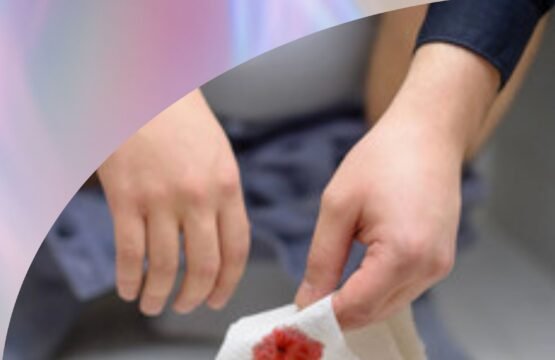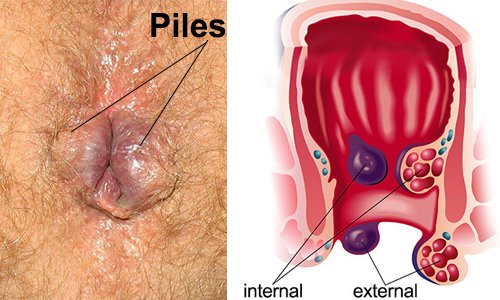Blog
Piles (Hemorrhoids): Causes, Symptoms, Treatment, and Prevention
Learn about piles (hemorrhoids), including causes, symptoms, treatment options, and prevention strategies. Get expert advice on managing piles and reducing discomfort.”
What are Piles (Hemorrhoids)?
Piles, also known as hemorrhoids, are swollen veins in the anal canal. They can be internal (inside the anus) or external (outside the anus). Piles are a common condition that affects millions of people worldwide.
Causes of Piles
The exact cause of piles is unknown, but several factors can contribute to their development:
-
Constipation: Straining during bowel movements can cause veins in the anal canal to become swollen.
-
Diarrhea: Prolonged diarrhea can cause irritation and inflammation in the anal canal.
-
Pregnancy: Hormonal changes and increased blood volume during pregnancy can cause veins in the anal canal to become swollen.
-
Aging: As we age, the tissues that support the veins in the anal canal can weaken, leading to piles.
Symptoms of Piles
The symptoms of piles can vary depending on the type and severity of the condition:
-
Internal Piles:
-
Painless bleeding during bowel movements
-
Mucus discharge
-
Itching or irritation in the anal canal
-
External Piles:
-
Painful swelling or lump outside the anus
-
Itching or irritation in the anal canal
-
Bleeding during bowel movements

https://centurygh.com/product/piles-natural-cure-remedy-piles-medicine/
Treatment Options for Piles
Treatment for piles depends on the severity of the condition:
-
Home Remedies:
-
Increasing fiber intake
-
Drinking plenty of water
-
Avoiding straining during bowel movements
-
Applying cold compresses or witch hazel to reduce discomfort
-
Over-the-Counter Medications:
-
Pain relievers like acetaminophen or ibuprofen
-
Creams or suppositories that contain hydrocortisone or witch hazel
-
Prescription Medications:
-
Corticosteroids to reduce inflammation
-
Topical anesthetics to numb the area
-
Surgical Procedures:
-
Rubber band ligation
-
Sclerotherapy
-
Hemorrhoidectomy
Prevention Strategies for Piles
Preventing piles involves making lifestyle changes to reduce the risk of developing the condition:
-
Eating a High-Fiber Diet: Increasing fiber intake can help soften stool and reduce straining during bowel movements.
-
Drinking Plenty of Water: Staying hydrated can help prevent constipation and reduce the risk of piles.
-
Exercising Regularly: Regular exercise can help improve bowel function and reduce the risk of piles.
-
Avoiding Prolonged Sitting: Taking regular breaks to stand up and move around can help reduce the risk of piles.

